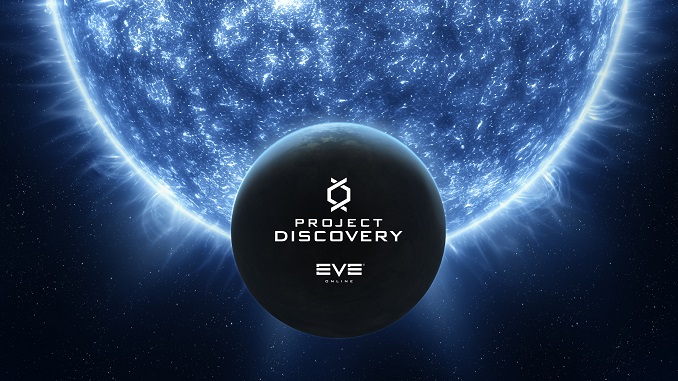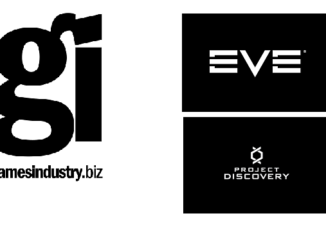
More science will be added to the game EVE Online: players will soon be given tools to look for exoplanets, using data from the CoRoT telescope. Find more about the hardcore science on the dev’s blog post.
‘With the arrival of EVE Online’s 11 July release, pilots will be called upon by the CONCORD Assembly to assist with stellar mapping of the cluster beyond the reaches of known space. Here on Earth, you’ll be taking part in the next phase of Project Discovery, which brings citizen science to space in both EVE Online and the real world.
As part of this next phase of the project, pilots will be tasked with analyzing real-world astronomical data from the CoRoT telescope that was launched into outer space in late 2006 as part of its continued mission to discover extrasolar planets, or exoplanets.
Your contributions will be incredibly valuable to scientists, as the amount of data collected by the telescope is vast and computers are not yet capable of analyzing such large volumes of information in a reasonable time frame. The collective power of many human brains is still the fastest and most accurate way to analyze all this data.
So far, the mission has discovered a total of 37 exoplanets, and the recent discovery of seven planets in the same star system of Trappist-1 was made using the same method.
As with the first phase of Project Discovery, the analysis will occur in-game and pilots can earn rewards that will benefit them while playing EVE Online.
The next phase of Project Discovery is a partnership between CCP Games, MMOS, Reykjavík University and University of Geneva. The project is led by Professor Michel Mayor, who, together with Didier Queloz in 1995, discovered 51 Pegasi b – the first exoplanet orbiting a main sequence star.
You can see Professor Mayor’s Fanfest 2017 presentation on exoplanets here.
Project Discovery is the citizen science initiative launched as a collaboration between independent games developer CCP Games, Massive Multiplayer Online Science (MMOS) and Reykjavik University. Its aim is to use EVE Online’s famously dedicated community to aid in scientific research.
The first collaboration saw over a hundred thousand pilots submit more than 25 million classifications of human cells to the Human Protein Atlas – a scientific research program with the goal to explore the whole human proteome – thus demonstrating the enormous benefit that a large and committed base of gamers could bring to citizen science when engaged effectively.
Thanks to the work of citizen scientists in Project Discovery, scientists have managed to identify several examples of proteins as belonging to a new cellular structure called Rods & Rings.
Now, with our July release this year, we’re taking Project Discovery and citizen science to space for real!’
This article was first published on the dev’s blog:
https://community.eveonline.com/news/dev-blogs/exoplanets-the-next-phase-of-project-discovery/


